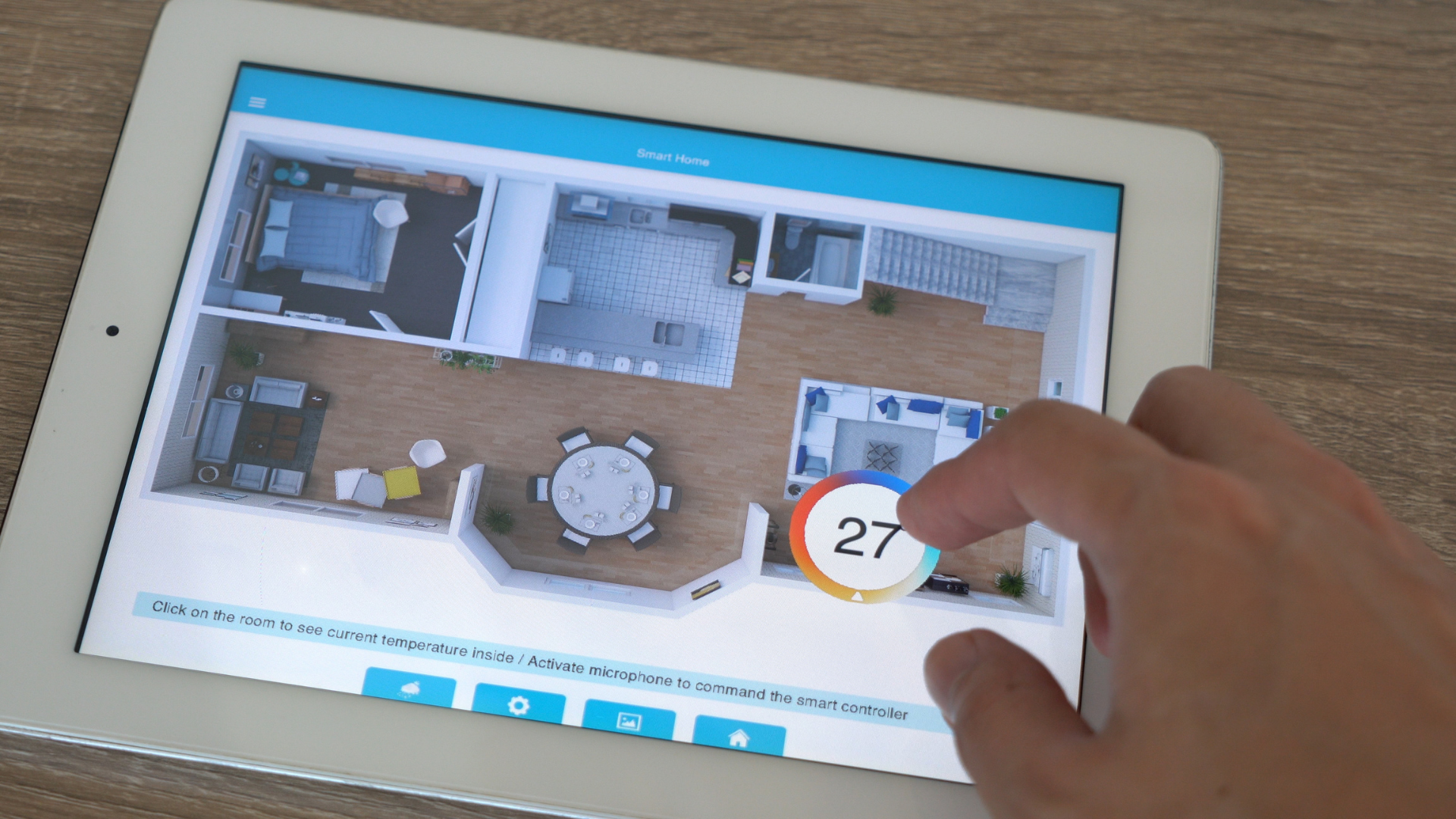In today’s world, electronic devices are everywhere. At home, at work, and in our pockets. Technology has completely transformed our lives, but with all the benefits it brings us, it also brings some difficulties.
Technology is changing the way we learn, work, and even live. While it can be a boon for learning and work, it can also pose a significant danger to our well-being. Cell phones, laptops, and other devices emit radiation that has been linked to increased cancer risk and other health problems. Some experts suggest that increased usage may be to blame for a troubling rise in Attention Deficit Disorder (ADD) and Attention Deficit Hyperactivity Disorder (ADHD). How do you protect yourself and those around you? Today’s world requires responsible handling of technology, from safely using the internet to installing the latest security updates. It can also affect your mental health and living conditions, especially if you’re addicted to something like online gambling, considering it’s just two clicks away.
Further, technological advancements have revolutionized the way businesses operate across various industries. For instance, in the healthcare sector, the introduction of electronic medical records (EMRs) has streamlined patient data management, leading to more efficient diagnoses and treatments. Telemedicine services have also flourished, allowing patients to consult with healthcare providers remotely, thus improving access to medical care, particularly in rural or underserved areas.
In manufacturing, automation technologies like robotics and artificial intelligence (AI) have enhanced production processes, leading to increased productivity and precision. These technologies have also enabled the development of smart factories, where interconnected devices and sensors optimize operations in real time, reducing downtime and minimizing errors. More basic technologies have also upgraded manufacturing, such as advancements in different Industrial Machinery and vibratory conveyors that move materials smoothly through the assembly line with high precision. Upgrading traditional equipment like conveyors allows manufacturers to increase output and reduce product defects without fully replacing existing infrastructure. The integration of advanced technologies alongside cutting-edge automation enables manufacturers to balance innovation with practicality. While emerging technologies hold tremendous promise, proven equipment with incremental upgrades also boosts efficiency. By taking a blended approach, manufacturers can optimize operations in a cost-effective manner.
Now coming to the retail industry, the rise of e-commerce platforms has transformed the way consumers shop, providing convenience and accessibility like never before. Additionally, technologies such as big data analytics and machine learning algorithms have enabled retailers to personalize customer experiences, anticipate demand, and optimize inventory management.
Moreover, in the finance industry, fintech innovations have disrupted traditional banking services by offering digital payment solutions, peer-to-peer lending platforms, and robo-advisors for investment management. These advancements have democratized access to financial services, empowering individuals and businesses alike to manage their finances more efficiently.
Across all sectors, the Internet of Things (IoT) has connected devices and systems, enabling data-driven decision-making and facilitating the development of smart cities and infrastructure. From smart energy grids to connected transportation systems, IoT technologies are driving efficiency, sustainability, and improved quality of life.
Tech products today have become an essential part of our lives. We can rely on them to help us manage finances, create and share content, and stay connected to the rest of the world. But with convenience comes responsibility. The fastest-growing trend in technology today, and something we are likely to see continuing into the future, is the use and proliferation of smart technologies. The smart tech involves the use of devices that can connect to the internet for a wide variety of tasks, from communicating via e-mail to managing your thermostat. These devices can be incredibly helpful, but only when they are used responsibly.
While this widespread adoption has undoubtedly brought about numerous benefits, from enhanced connectivity to increased access to information and services, it has also raised concerns about the responsible use and management of technology within households. With these devices now deeply ingrained in daily life, there’s a growing need to address issues such as screen time management, digital privacy, cyberbullying, and online safety for both children and adults. As technology continues to advance and integrate further into our lives, fostering a culture of responsible technology usage becomes increasingly imperative to ensure its positive impact on society while mitigating its potential drawbacks.
Moreover, the pervasive presence of e-devices within households necessitates a shift in mindset regarding their role and influence. Families must actively engage in discussions about healthy technology habits, establish clear boundaries, and promote balanced usage to prevent overreliance or addiction. Additionally, educating both parents and children about digital literacy and online etiquette is crucial to understanding the complexities of the digital world responsibly. Furthermore, manufacturers and policymakers should play a vital role in promoting the development of user-friendly features, robust parental controls, and regulations that safeguard consumer rights and privacy.
With the increasing reliance on e-devices for communication, data management, and operational efficiency, businesses also face their own set of challenges regarding responsible technology usage. Technology is ever-changing and evolving, and those changes can be difficult to keep up with. Nonetheless, it’s important to understand the pros and cons of new devices and how to keep them secure with the help of cybersecurity, especially for businesses. Whether it’s from hackers, identity thieves, or cybercriminals, technology can pose a threat to your online and financial security. So, you ought to assess the level of safety in all your devices. For businesses, in particular, this underscores the importance of not only safeguarding devices but also fostering a culture of awareness regarding these potential risks. Taking the help of a Cyber Security Awareness Training Platform can be a transformative step for businesses aiming to educate their employees about cybersecurity threats and the best practices to mitigate them. Additionally, such platforms usually provide regular security updates and alerts to keep users informed and up-to-date.
Suppose you run a business; it is likely that there is important data on your phone as well as on your employees. Considering the necessity of maintaining the confidentiality of business information, you’d want to reach out to cybersecurity service providers like Pradeo and chalk out a suitable device safety plan. This could safeguard your company from losing large amounts of money, having your identity stolen, and having valuable information sold without your consent, ultimately leaving you vulnerable.
Additionally, businesses should adhere to ethical standards in the collection, storage, and use of customer data to maintain trust and transparency. Alongside these efforts, promoting a healthy work-life balance and providing resources for digital detoxification is essential to combatting burnout and preserving employee productivity and mental health. By integrating responsible handling practices into their operations and corporate culture, businesses can not only mitigate risks but also enhance their reputation, foster employee satisfaction, and contribute to a more sustainable digital ecosystem.





